Research Highlights
At UCCCC, we believe in discovery and innovation that keeps the field moving forward. In the year 2022, incredible research from clinical and basic science areas led to advancements in the clinical care of cancer patients.
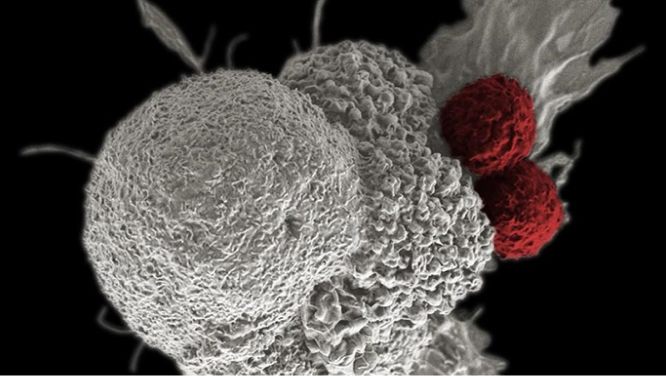
Novel treatment and maintenance therapies for multiple myeloma
Multiple myeloma (MM) is a rare cancer of plasma cells, a type of white blood cell in the bone marrow that produces antibodies. Treating MM success...
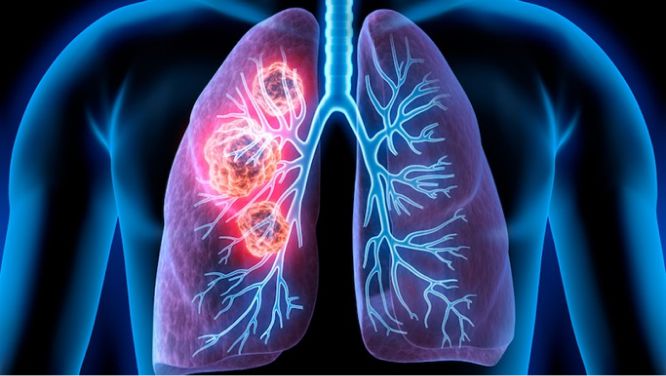
Simultaneous radiation and immunotherapy are beneficial for a subset of lung cancer patients
Recent advances in the development of immune checkpoint blockers have revolutionized the cancer treatment approaches for many cancer cond...
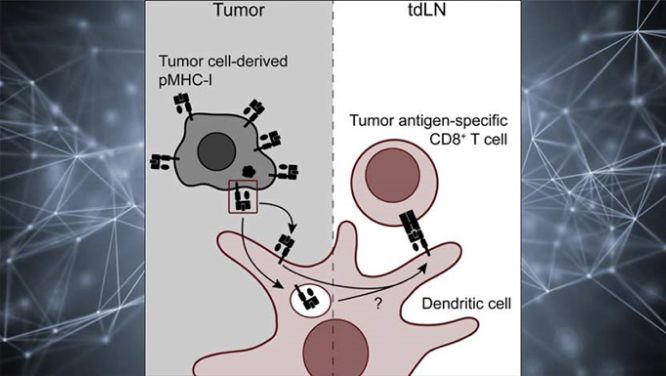
Researchers find new mechanism to turn on cancer-killing T cells
Cancer immunotherapies have emerged as a promising therapeutic option in wide variety of cancers. Immunotherapies work through the...

New I3LUNG project to fund AI tools for improving treatment and outcomes for lung cancer patients
The University of Chicago Medicine has joined the I3LUNG project, a research initiative funded by a five-year, €10M grant from the European Union...
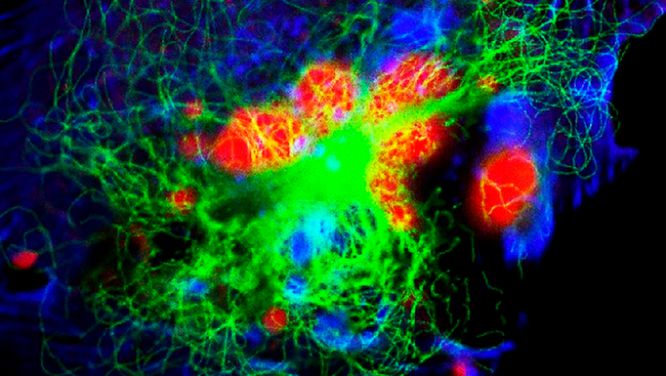
“Bridge therapy” may benefit some children with high-risk neuroblastoma
Neuroblastoma is a childhood cancer of immature nerve cells that mainly affects infants and young children. Treatment for these children often incl...
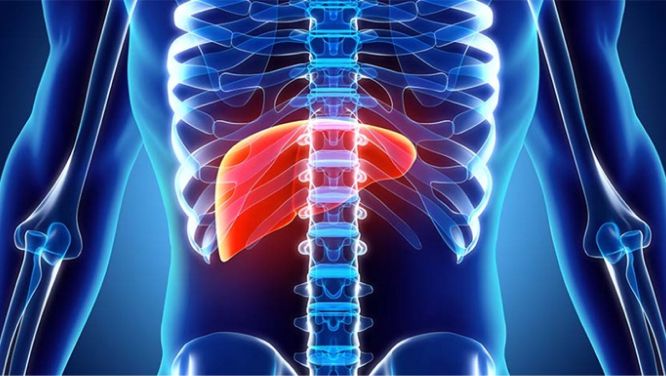
Increased mitochondria and lipid turnover reduces risk for liver cancer
Hepatocellular carcinoma, the most common form of liver cancer, is known to be caused by alcohol consumption and hepatitis C viral infection...
Moment that Matters
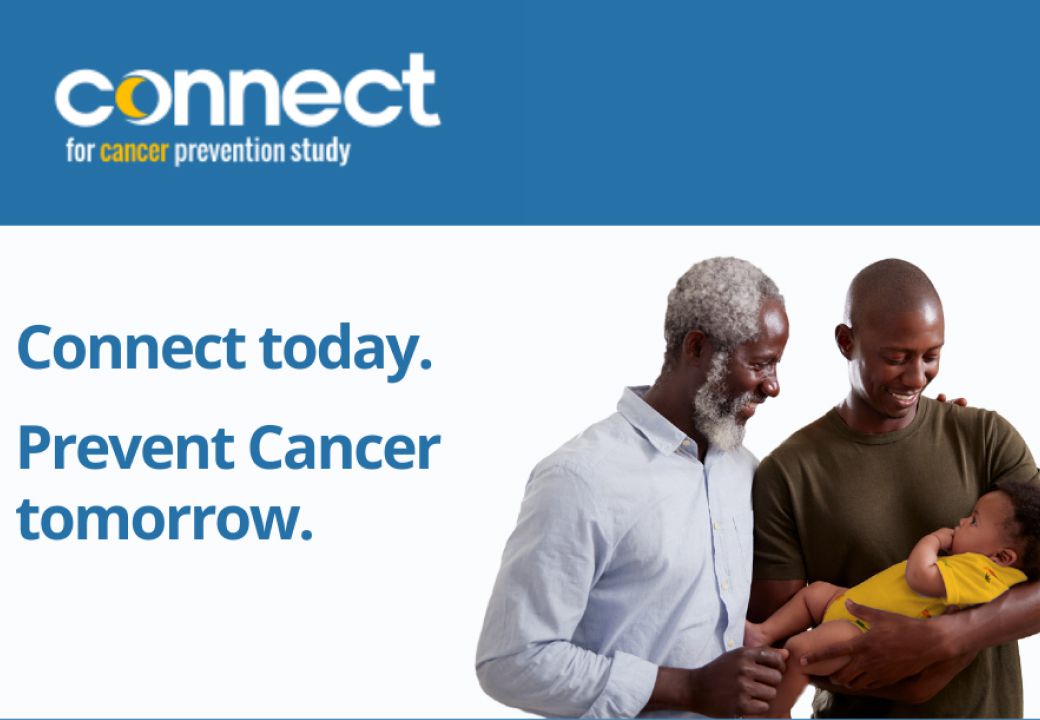
Cancer risk and prevention study
The University of Chicago Medicine hopes to recruit 50,000 people to participate in a new national study designed to explore the causes of cancer and learn more about how to prevent it. The Connect for Cancer Prevention Study will track participants over time with the goal of identifying factors that could impact a person’s cancer risk and other health outcomes. Study findings have the potential to influence public health and cancer prevention guidance for years to come.
Learn more